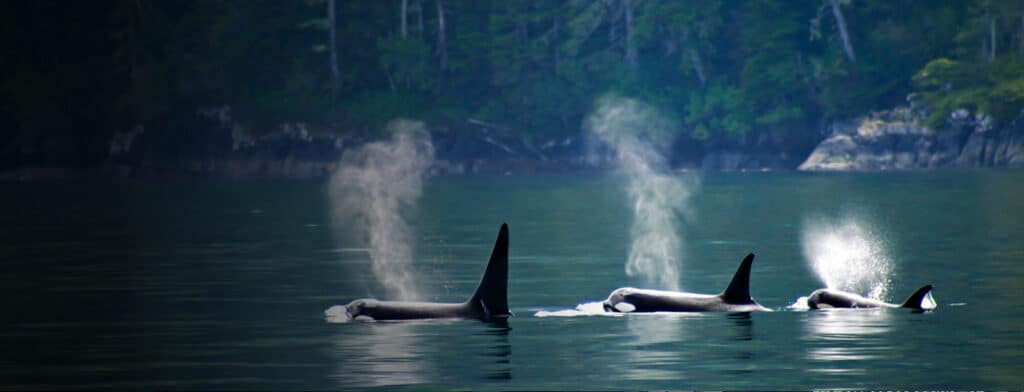
Blog
Search
Issues
Projects
-
Shut down San Onofre: Dangerous nuclear reactors pose too great a threat
San Onofre reactor safety failures remind us (again) why the United States cannot afford the risks of nuclear reactors. In late January of this year, Friends of the Earth, while preparing an analysis…
-
April fool–but secrecy in Trans Pacific trade negotiations is no joke
I was working away on my computer late last Saturday night, March 31, when suddenly this dramatic report from New Zealand came across on my e-mail: “End to Secrecy and Release of Draft TPP Text…
-
New television ad highlights San Onofre reactor problems
Friends of the Earth launched a new television ad campaign today targeting the utility Southern California Edison, the operator of the troubled San Onofre nuclear reactors, which are currently closed…
-
What’s in store for the Green Climate Fund in 2012?
With the first board meeting of the Green Climate Fund scheduled for the end of April, now is a good time to provide a bit of a primer and update on the GCF. The lead-up to the Green Climate Fund Sinc…
-
Firestorm over Seoul: Lessons for the Trans Pacific Partnership
Two days ago, President Barack Obama returned from a state visit to South Korea. The trip coincided with the entry into force this month of the U.S.-Korea free trade agreement, which Obama touted as a…
-
Nuclear engineer warns: Keep troubled San Onofre reactors shut down
Friends of the Earth released today a new analysis by one of the nation’s leading independent nuclear engineers, Arnie Gunderson. The report has revealed serious unresolved safety problems at Southe…
-
Can we end subsidies for big oil?
Last night the Senate voted 92-4 to have 30 hours of debate on S.2204, the Repeal Big Oil Tax Subsidies Act. The bill would eliminate billions of dollars of tax subsidies for the five biggest oil comp…
-
Iowans: Oppose the rate hike for new nuclear reactors
Friends of the Earth and our activists have been fighting a bill in the Iowa state legislature that would raise customers’ electric rates to pay in advance for the construction of new nuclear re…
-
Texas landowner calls out Obama on Keystone XL fast-tracking
Yesterday, President Obama shamelessly stood in front of piles of Keystone XL pipe near Cushing, Oklahoma, touting his ‘all of the above’ strategy to solving our energy woes and the climate crisis…
-
President Obama’s wrong energy answer: all of the above
I wish every test and every decision we made had the answer “all of the above” as an option. It would definitely make life easier. It would make Friday evening conversations with my wife a breeze:…